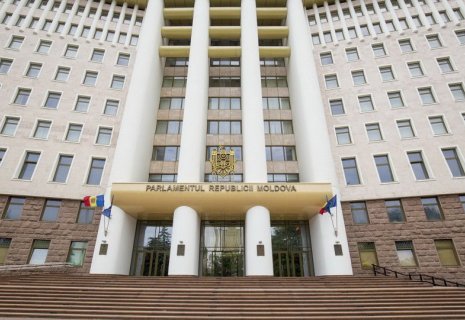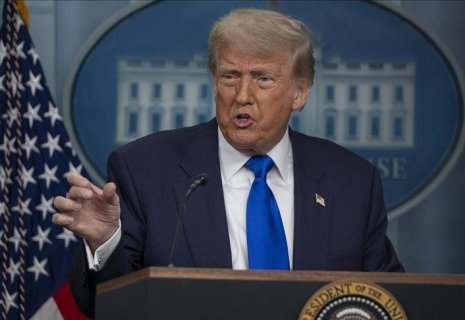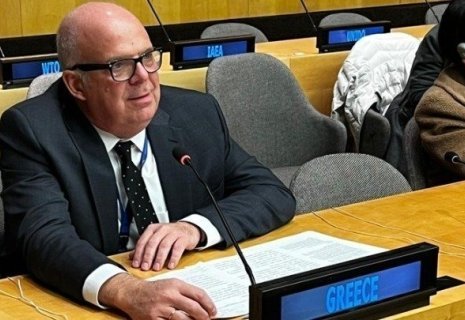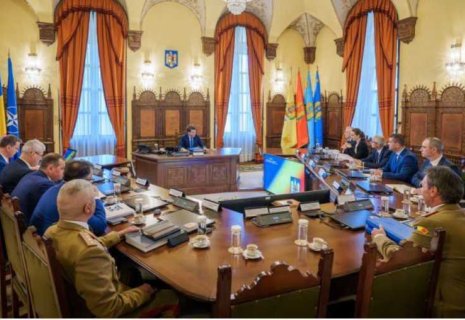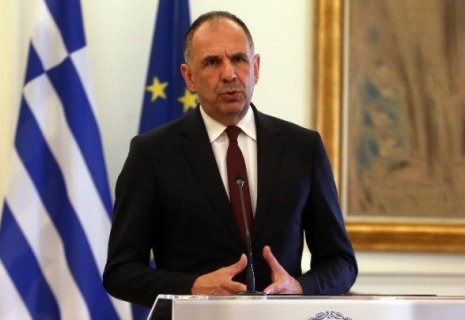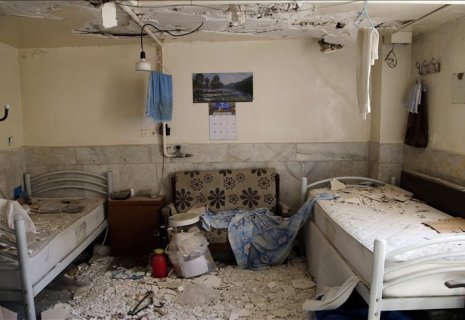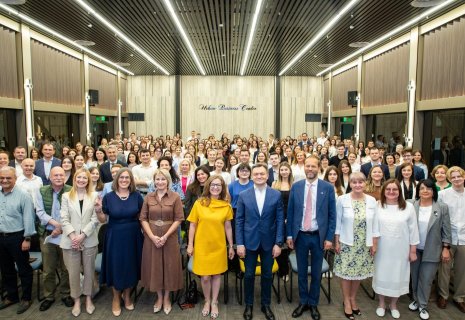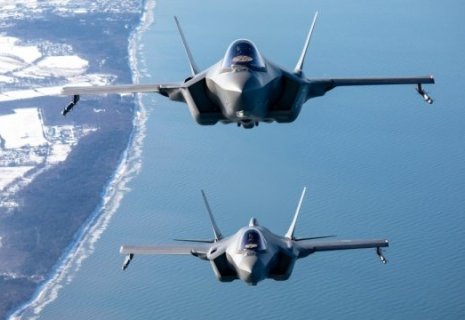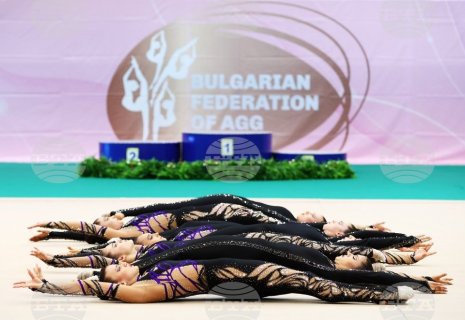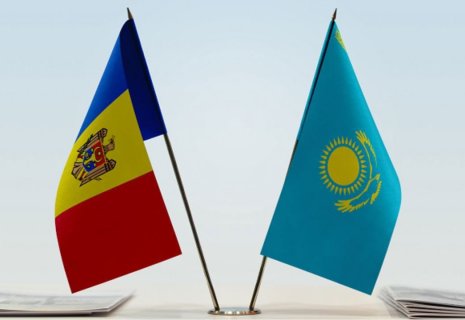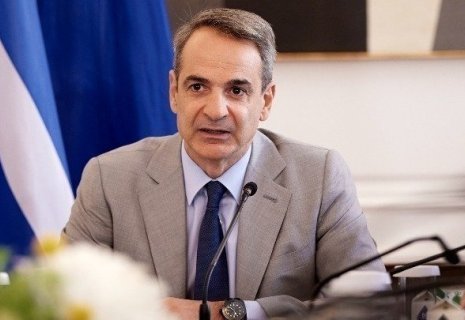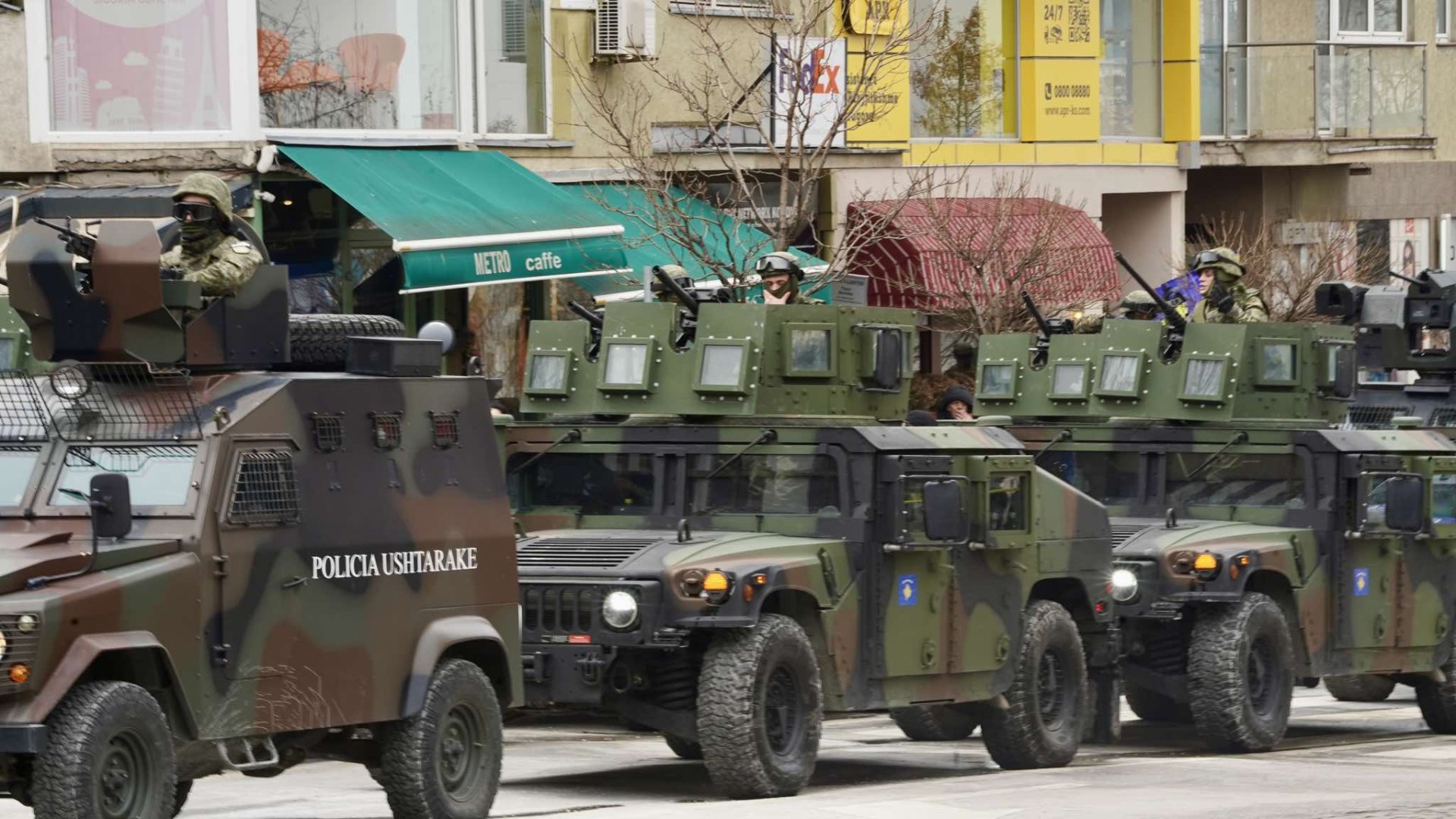
Western Balkans double down on defense spending
The geopolitical circumstances in the world have made the increase in the budget for military affairs in the six Western Balkan countries inevitable.
These developments reflect a new security reality, where Balkan countries are preparing to face potential challenges, CE Report quotes Kosova Press.
While Kosovo, Albania, and Croatia have increased defense spending, Serbia has long since begun to invest significantly in the field of defense.
Security experts see investments in defense as a strategic necessity, given regional tensions and global instability.
As a result of geopolitical circumstances in general, but also the threat from Serbia in particular, Kosovo has also invested more in the field of defense in recent years.
Kosovo's defense budget has increased year by year in recent years. In 2021, 69 million euros were invested, in 2022, 97 million euros, in 2023, 116.4 million euros, and in 2024, 153 million euros were invested. Meanwhile, in 2025, the budget for the Kosovo army has increased to 208 million euros.
The acting Prime Minister of Kosovo, Albin Kurti, has promised a budget of over 1 billion in the field of defense for the next 4 years.
Serbia is the country in the region that has invested the most in the military, allocating 2025 billion in the field of defense for 2,2, compared to 2021 billion in 1.5.
Albania has also increased its defense budget for 2025, with a budget of 526 million euros foreseen, compared to 2021, which was 270 million euros.
Meanwhile, Croatia is not standing aside either, with its defense budget for 2025 reaching around 1 billion euros. Other countries in the region, such as Macedonia and Montenegro, have also increased their defense spending.
Macedonia's defense budget in 2024 was 329 million, of which 106 million were for the purchase of new equipment and modernization of the army, while Montenegro has allocated 2024 million euros for 150.
Gurakuç Kuçi from the Octopus Institute says that after the start of the war in Ukraine, the demand for rearmament is great from the states, but that in our region, the reasons why states arm themselves differ. He emphasizes that countries like Kosovo, Albania, Croatia, usually arm themselves only for the issue of defending their country, while countries like Serbia arm themselves and have goals for extending their expansionism, aiming for the realization of the Serbian world.
University professor, Mazllum Baraliu, says that with geopolitical changes in the world, a new world order is developing, where the risks are evident and that strategically it is right for the states of the region to arm themselves.
Security expert Lutfi Billalli tells KosovaPress that the geopolitical and geostrategic changes taking place in the world have caused countries in the region to increase their defense spending, entering an arms race.
Otherwise, CNN wrote that Donald Trump's public rebuke of Ukrainian President Volodymyr Zelensky at the White House was like a thunderbolt for the transatlantic alliance, dispelling remaining illusions in Europe about whether the US would stand by it in the face of Russian aggression.
Shocked and perhaps even frightened, Europe may finally have come to its senses about its defense needs in the Trump era.
The continent is beginning to break decades-old taboos on defense issues. Policies are being discussed that would have been unthinkable just a few weeks ago.
The biggest change has come from Germany, Europe's largest economy. After federal elections, Chancellor-in-waiting Friedrich Merz won a vote in parliament to remove the "debt brake" from the German constitution - a mechanism that limited government borrowing.
In neighboring France, President Emmanuel Macron - who has long sought European strategic autonomy from the US - has said he is considering extending French nuclear protection to its allies, who currently rely on American nuclear weapons.
CNN writes that compulsory military service is also returning to the continent and that even traditionally neutral countries are reconsidering their positions.
Meanwhile, European Commission President Ursula von der Leyen unveiled a billion-euro defense spending plan, initially called “ReArm Europe,” which Spain and Italy opposed. The plan has now been renamed “Readiness 2030.”

